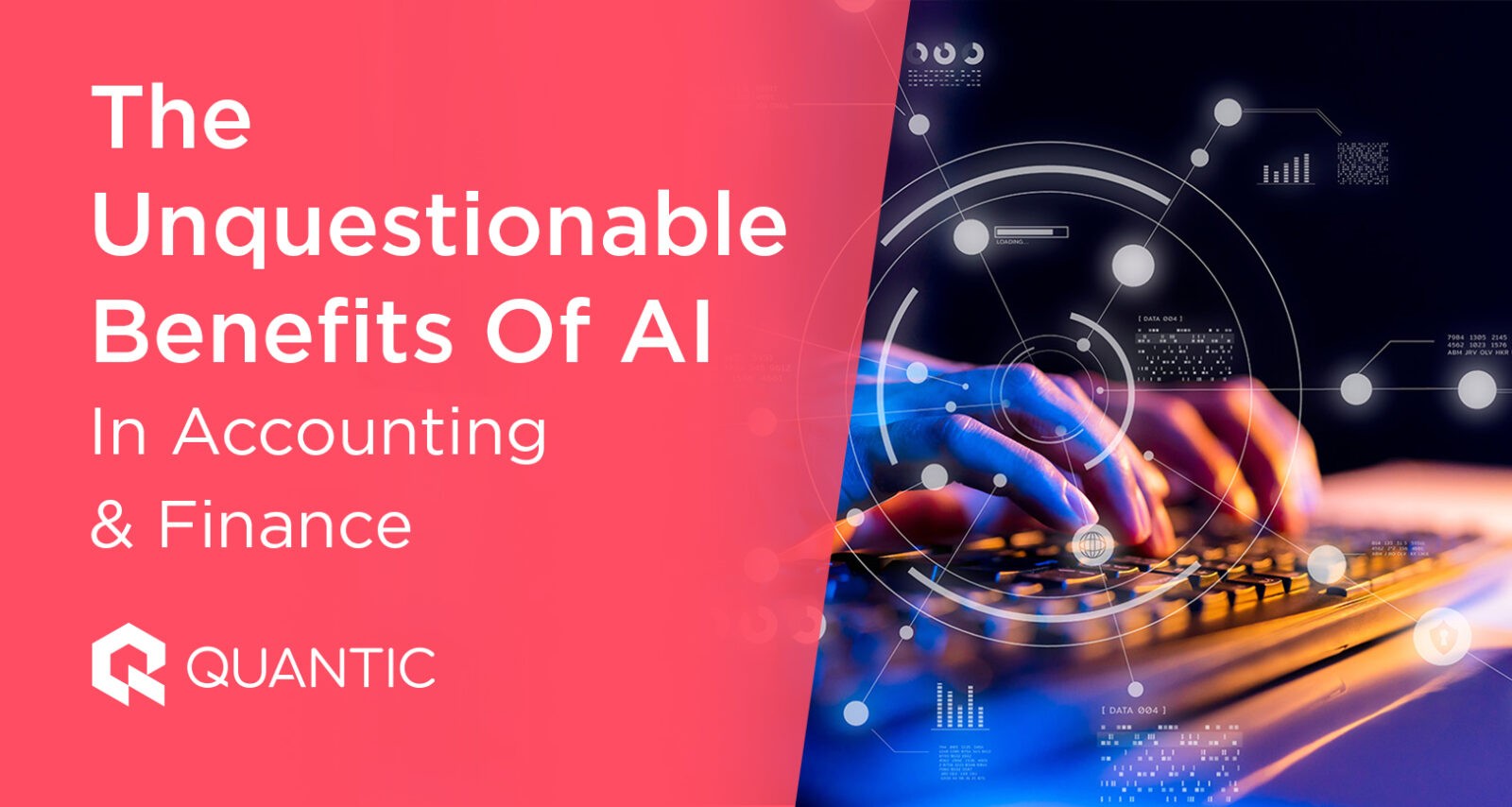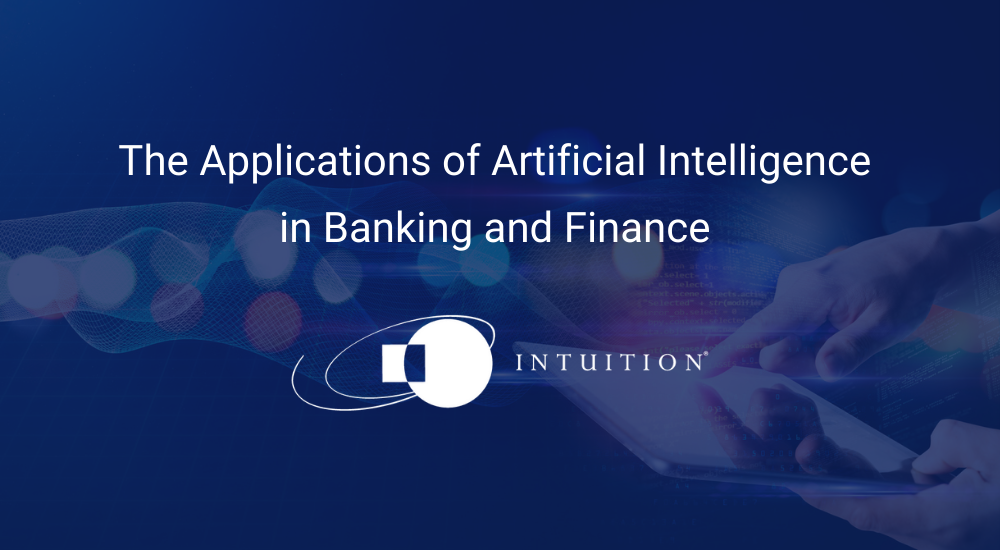Revolutionizing Your Finance with AI Technology

The world of finance is constantly evolving, and with the advent of AI technology, it is undergoing a revolution that promises to reshape how individuals and businesses manage their financial lives. From automated financial advisors to sophisticated fraud detection systems, AI is streamlining processes, enhancing security, and offering personalized financial advice at a scale and speed previously unimaginable.
How AI is Transforming Financial Management

AI's impact on financial management can be observed in several key areas:
- Personalized Financial Advice: Robo-advisors are AI-driven platforms that offer personalized investment advice based on algorithms. They analyze an individual's financial situation, risk tolerance, and goals to recommend a customized investment portfolio.
- Automated Budgeting and Spending: AI technologies help track spending patterns, categorize expenses, and even predict future costs, making budgeting an automated, hassle-free process.
- Fraud Detection and Security: With machine learning, AI systems can detect anomalies in financial transactions much faster and with higher accuracy than traditional methods, enhancing security for online transactions and banking.
- Credit Scoring: AI improves the accuracy of credit scoring by incorporating a wider range of data points, including non-traditional data like social media activity or online behavior, to evaluate creditworthiness.
The Advantages of AI in Financial Management

Implementing AI into financial management offers numerous benefits:
- Efficiency: AI automates routine financial tasks, freeing up time for more strategic planning and decision-making.
- Cost-Effectiveness: It reduces the need for human intervention in financial processes, thereby lowering operational costs.
- Improved Decision Making: With real-time data analysis, AI can offer insights and predictions that enable better financial choices.
- Enhanced Customer Experience: Personalized service through AI can significantly improve customer satisfaction and loyalty.
Applications of AI in Finance

Here are some of the cutting-edge applications of AI in the finance sector:
| Application | Description |
|---|---|
| Robo-Advisors | Provides automated, algorithm-based investment advice tailored to individual investors' needs. |
| Automated Customer Support | Utilizes chatbots for immediate responses to customer inquiries, improving response times and service quality. |
| Algorithmic Trading | AI-driven systems analyze market trends and execute trades at optimal times to maximize returns. |
| Credit Risk Assessment | Analyzes vast amounts of data to predict credit risk more accurately than traditional methods. |
| Financial Planning | AI helps in creating dynamic financial plans that adjust to changes in an individual's or company's circumstances. |

Through these applications, AI is not only enhancing operational efficiency but also pushing the boundaries of what's possible in financial management.
The Future of AI in Finance

The future looks promising as AI continues to evolve:
- Predictive Analytics: AI's ability to predict market trends and consumer behavior will become more sophisticated, aiding in proactive financial planning.
- Blockchain and AI: Integration with blockchain technology will enhance security, transparency, and efficiency in financial transactions.
- AI-Powered Risk Management: Enhanced risk assessment models will minimize the probability of financial crises by identifying and mitigating risks in real-time.
- RegTech (Regulatory Technology): AI will streamline regulatory compliance, reducing costs and improving adherence to financial regulations.
💡 Note: While AI offers tremendous benefits, the integration into financial systems requires careful consideration to ensure data privacy, ethical decision-making, and transparency to maintain trust in the financial ecosystem.
The embrace of AI in finance is not just about leveraging technology but about redefining the very nature of financial services. By understanding and utilizing AI, individuals and companies can enjoy personalized, efficient, and secure financial management. The adaptability, predictive power, and automation capabilities of AI are setting a new standard in financial planning, risk management, and customer engagement, promising a future where financial decisions are smarter and more aligned with personal and organizational goals.
As AI technology continues to evolve, it's crucial for everyone in the finance industry to stay informed and adapt. This not only includes learning how to incorporate AI into existing workflows but also understanding its implications for regulatory frameworks, privacy concerns, and ethical considerations.
How secure is AI in financial management?

+
AI systems enhance security through machine learning algorithms that detect fraud and anomalous transactions. However, security also depends on how well these systems are integrated with existing infrastructure and the measures taken to protect AI models from being compromised.
Can AI completely replace human financial advisors?

+
While AI can provide highly personalized advice based on algorithms, it lacks the nuanced understanding of human emotions, personal values, and sometimes the intricate details of specific financial scenarios. However, AI can act as an excellent co-advisor, reducing human error and providing data-driven insights.
What are the ethical concerns associated with AI in finance?

+
Ethical concerns include privacy invasion, potential biases in AI decision-making, transparency in AI operations, and the displacement of jobs. Addressing these requires developing AI that is transparent, accountable, and respects privacy and ethical standards.